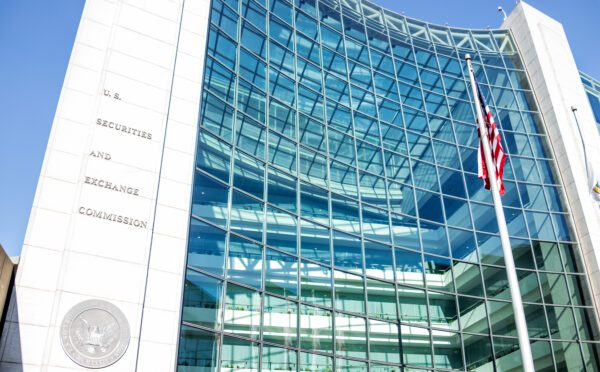Authors
Partner, Competition/Antitrust and Foreign Investment, Calgary
Counsel, Disputes, Toronto
The U.K. Serious Frauds Office (the SFO) on July 8, 2016 obtained its second deferred prosecution agreement (DPA). The Southwark (London) Crown Court approved the SFO’s application for a DPA relating to a defendant company indicted for conspiracy to corrupt and bribe contrary to section 1 of the Criminal Law Act 1977 and failure to prevent bribery under section 7 of the Bribery Act 2010.
The defendant, which was accused of offences related to “contracts to supply its products to customers in a number of foreign jurisdictions,” will pay £6.2 million in disgorgement of gross profits and a fine of £352,000. The defendant’s U.S. parent company will also pay close to £2 million in disgorgement “as repayment of a significant proportion of the dividends that it received from the [defendant] over the indictment period.” In addition, the DPA requires the defendant to “continue to cooperate fully with the SFO and to provide a report addressing all third party intermediary transactions, and the completion and effectiveness of its existing anti-bribery and corruption controls, policies and procedures within twelve months of the DPA and every twelve months for its duration.” Pursuant to the DPA proceedings, the indictment was immediately suspended. The identity of the defendant will be released following the conclusion of ongoing related legal proceedings.
The allegations arose following the defendant’s implementation of a global compliance program, which raised concerns internally about the way in which a number of contracts had been secured. The defendant took immediate action and retained external legal counsel to undertake an independent internal investigation. Upon conclusion of the internal investigation, the defendant self-reported the conduct to the SFO. In approving the application, the court stressed the benefit of such compliance programs and self-reporting, stating that the DPA reached with the defendant “provides an example of the value of self-report and co-operation along with the introduction of appropriate compliance mechanisms, all of which can only improve corporate attitudes to bribery and corruption.”
The U.K. previously approved its first DPA in November 2015 in the Standard Bank case (for further details on this DPA refer to our Update). DPAs – agreements reached between the prosecutors and defendant organizations allowing prosecution to be suspended for a defined period provided the defendants meet specific conditions – are relatively common in the U.S. but were only introduced in the U.K. in early 2014. According to the SFO, the key features of DPAs are that they:
- enable an organization to make full reparation for criminal behaviour without the collateral damage of a conviction (e.g., severe financial penalties, reputational damage, etc.);
- are concluded under the supervision of a judge, who must determine that the DPA is “in the interests of justice” and that the terms are “fair, reasonable and proportionate”;
- avoid lengthy and costly trials; and
- are transparent, public events.
The resolution represents a further commitment by the U.K. to increase its use of DPAs, which have the benefit of encouraging companies to investigate and self-report allegations of potential compliance violations. Although DPAs are common in the U.S. and are gaining traction in the U.K., they are not available in Canada. However, as the use of DPAs increases elsewhere there is pressure on the Canadian government to consider DPAs as an alternative means of resolving criminal allegations. For example, SNC-Lavalin (which is currently facing criminal fraud and corruption charges under Canada’s Criminal Code and the Corruption of Foreign Public Officials Act) has publicly advocated for the adoption of this approach in Canada. If Canada increasingly becomes an outlier in its approach to alternative resolutions that are accepted in other jurisdictions, it is unclear what if any impact this approach will have on enforcement efforts in Canada.

